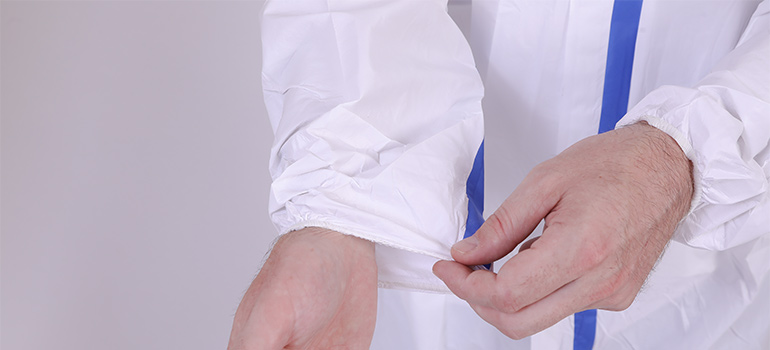
Different industries face different risks, so the choice of protective clothing should be different.
When workers are around harmful chemicals, the employer must supply eye protection such as goggles or face shields, along with chemical protective suits to protect workers skin, if necessary. Finally, chemicals can change in concentration when the environment changes. This includes UV light, high temperatures, sunlight, and sometimes simply mixing the wrong chemicals can be catastrophic.
The food and beverage industry operates with many factors that can make a workplace dangerous. These include slippery floors, fast-moving machinery, biological hazards (meat and chicken processing), and eye and respiratory injury when processing grains, spices, or flavorings.
For some industries that need comprehensive protection, we can also select multiple parts of protection products at the same time .For these industries, protection goes both ways. The employees must be protected from the process and the production process must be protected from employee contamination. may include disposable coveralls, gloves, arm covers, beard and hair coverings, smocks, disposable shoe covers, and anti-slip shoes. The importance of protective clothing and PPE in the food and beverage industry is so high that the health of all Americans depends upon it.
Aware it and wear it!
The importance of wearing personal protective equipment at the workplace cannot be overstated. It is absolutely vital that both the employer and the employee are responsible in their approaches towards health and safety requirements and that they comply with regulation. When all parties accept responsibility for their roles, workplace risks can be kept to a minimum.
